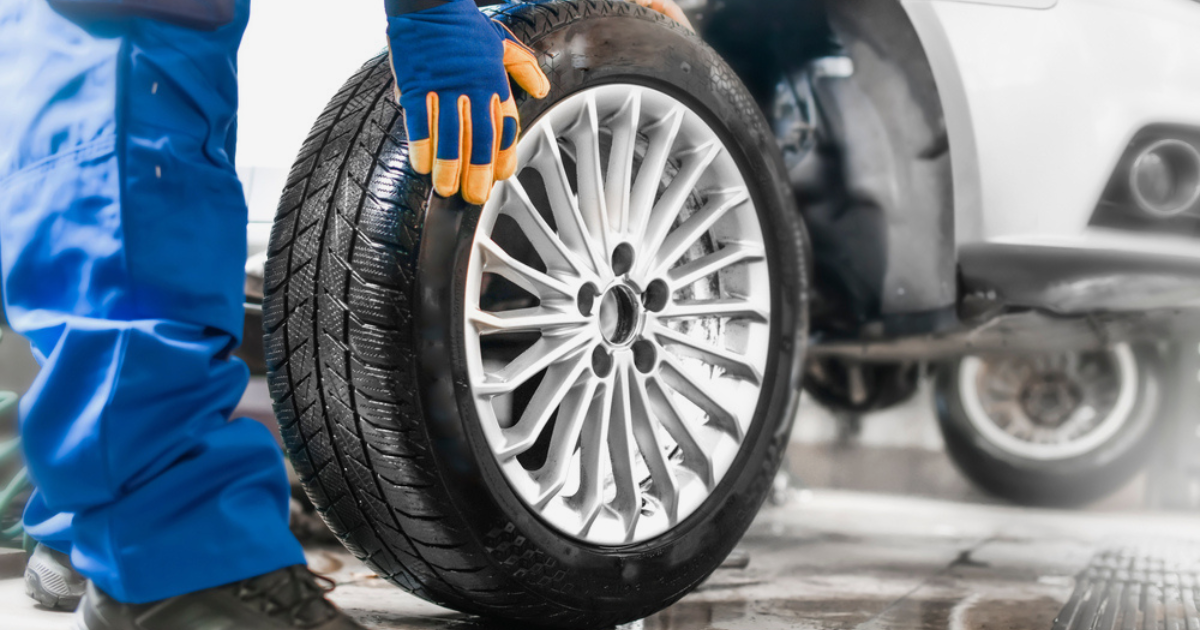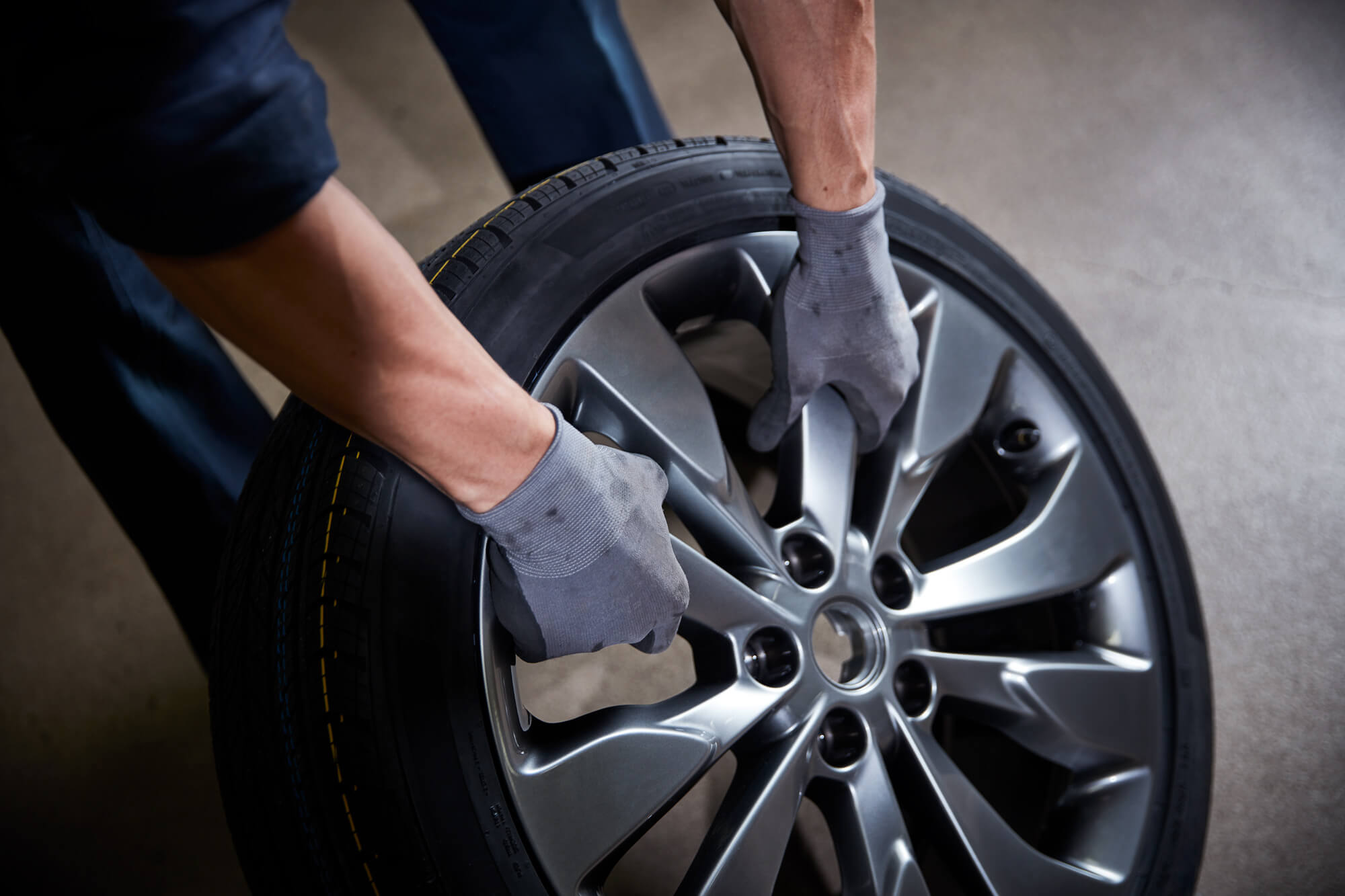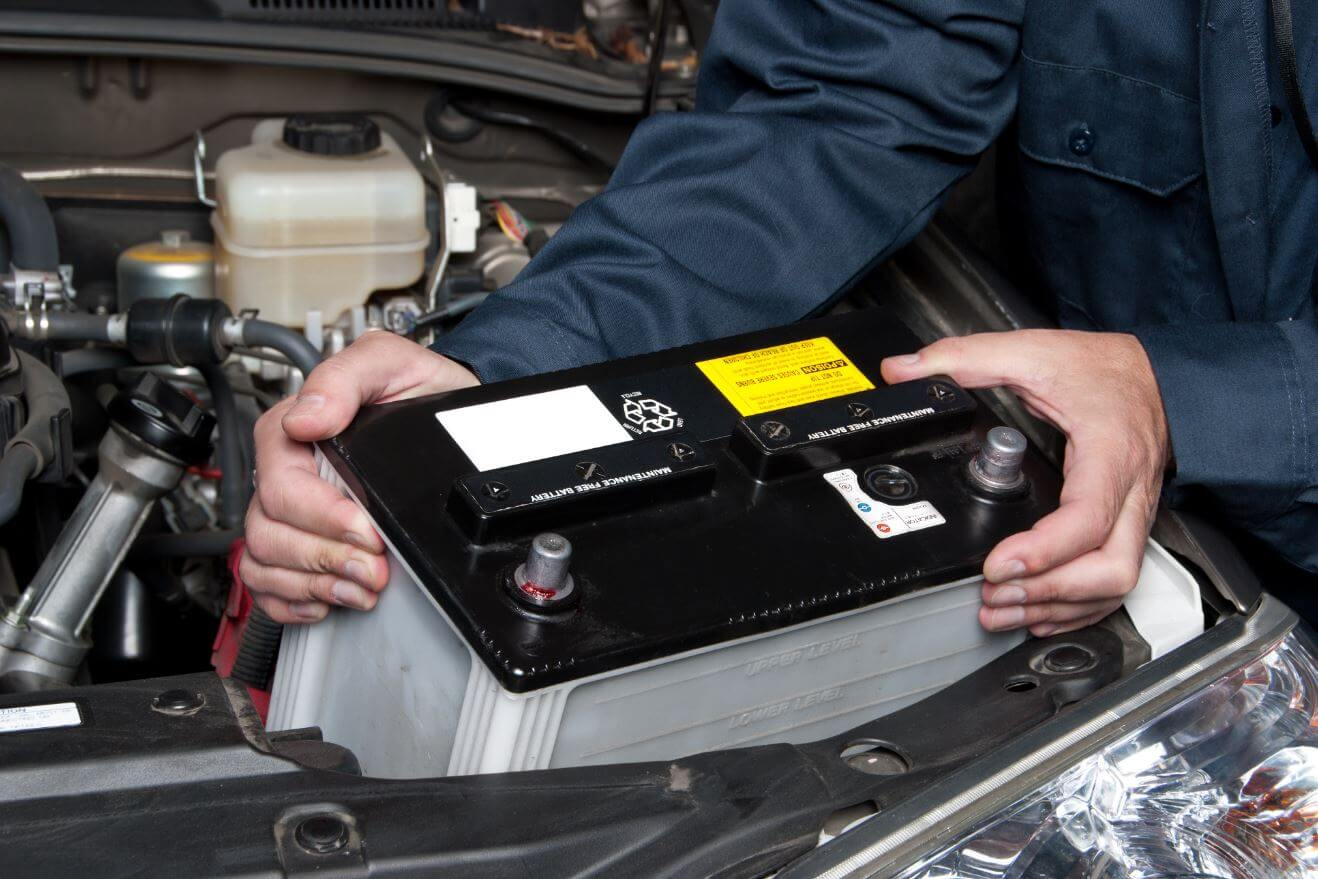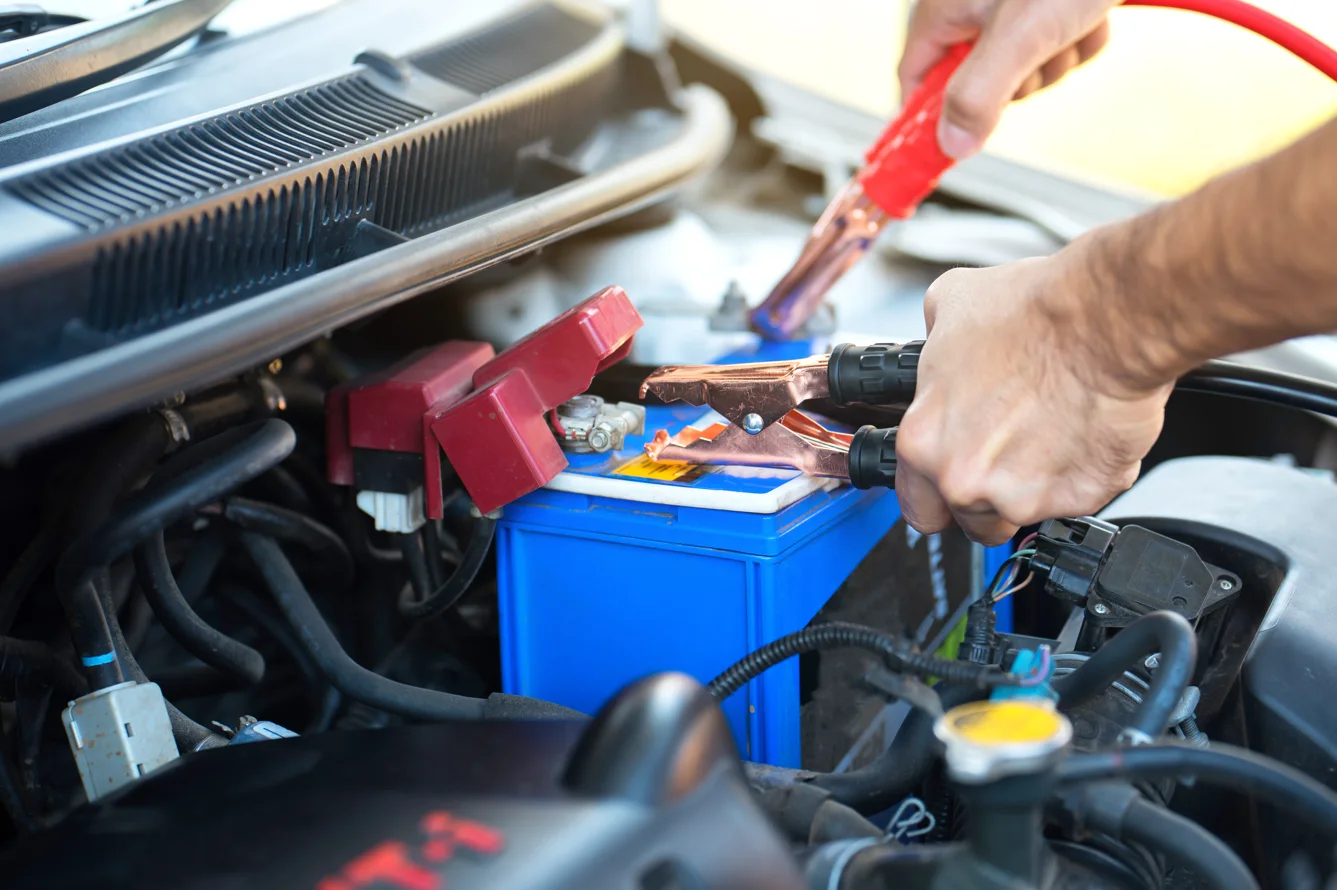If you think changing on tire is enough, you may want to think again!
You’re driving around, and suddenly, you hit a pothole that seems like it came straight out of a disaster movie. Next thing you know, your tire is damaged beyond repair, and you need a replacement.
No big deal, right? Just swap out the bad one and move on.
Not so fast.
When it comes to tire replacement in Nashville, replacing just one tire can actually do more harm than good.
So, let’s break it down. Why is replacing just one tire a bad idea, and when should you opt for two or four instead?
Why Replacing Just One Tire Is a Bad Idea
Your tires work together to keep your car balanced, stable, and safe. Here’s what happens when you replace just one tire:
Uneven Tread Depth = Uneven Performance
New tires have deeper treads than worn ones, which means they grip the road differently. If you install just one new tire, your car will have an imbalance in traction, especially in wet or slippery conditions.
Extra Stress on Your Car’s Differential
Your car’s differential helps distribute power evenly between the wheels. When one tire is newer (and therefore slightly larger in diameter), it spins at a different rate than the others, causing unnecessary strain on the differential.
Over time, this can lead to expensive repairs, way more than what it would’ve cost to replace two tires instead of one.
Handling and Stability Issues
If your front or rear tires don’t match in tread depth, your car might not respond predictably when you brake, turn, or accelerate. This is especially dangerous in bad weather, where every bit of traction matters.
Your ABS & Traction Control Might Get Confused
Modern cars use advanced traction control and anti-lock braking systems (ABS) to keep you safe. But when one tire has more tread than the others, these systems can misinterpret the difference in wheel speeds as a problem, leading to unnecessary braking adjustments or, worse, a malfunction.
Also Read: 5 Common Signs It’s Time for New Tires
When to Replace Two Tires Instead of One
If only one tire is damaged but the others are still in good condition, the best option is to replace two tires instead of just one. But there’s a right way to do it:
- Match the new tire with one of the existing tires that has the most tread left.
- Always install the new pair on the rear axle, even if your car is front-wheel drive.
- If your vehicle has all-wheel drive (AWD), replacing just two tires is still risky (but more on that next).
Why AWD Vehicles Need All Four Tires Replaced
If you drive an all-wheel-drive (AWD) vehicle, replacing just one or two tires can spell trouble. AWD systems rely on equal traction across all four wheels, and even a slight difference in tread depth can mess with the drivetrain, wear down components faster, and lead to costly repairs.
For AWD cars, the safest and most cost-effective option in the long run is replacing all four tires at once.
When Is It Okay to Replace Just One Tire?
There’s only one situation where replacing a single tire makes sense: if your other three tires are practically brand new (less than 2,000 miles of use).
Even then, you’ll want to make sure the new tire is the same brand, model, and tread pattern as the others to avoid mismatched traction.
How to Make Your Tires Last Longer
Since replacing multiple tires at once can be an investment, it makes sense to take good care of them. Here are a few tips to maximize your tire lifespan and avoid frequent replacements:
- Rotate your tires regularly: Every 5,000–7,500 miles helps ensure even wear.
- Keep your tires properly inflated: Underinflation or over inflation causes uneven tread wear.
- Check your alignment: Misaligned wheels can wear out tires faster.
- Drive smoothly: Hard braking and aggressive acceleration wear out tires quicker.
Need Tire Replacement? Visit Tire One Nashville!
If your tires are worn out or you need a tire replacement in Nashville, don’t risk uneven wear, handling issues, or drivetrain damage by replacing just one. At Tire One Nashville, we’ll help you find the right tires for your vehicle and install them properly so you stay safe on the road.
Don’t wait until your tires cause bigger problems. Contact us today for expert tire replacement and drive with confidence!





